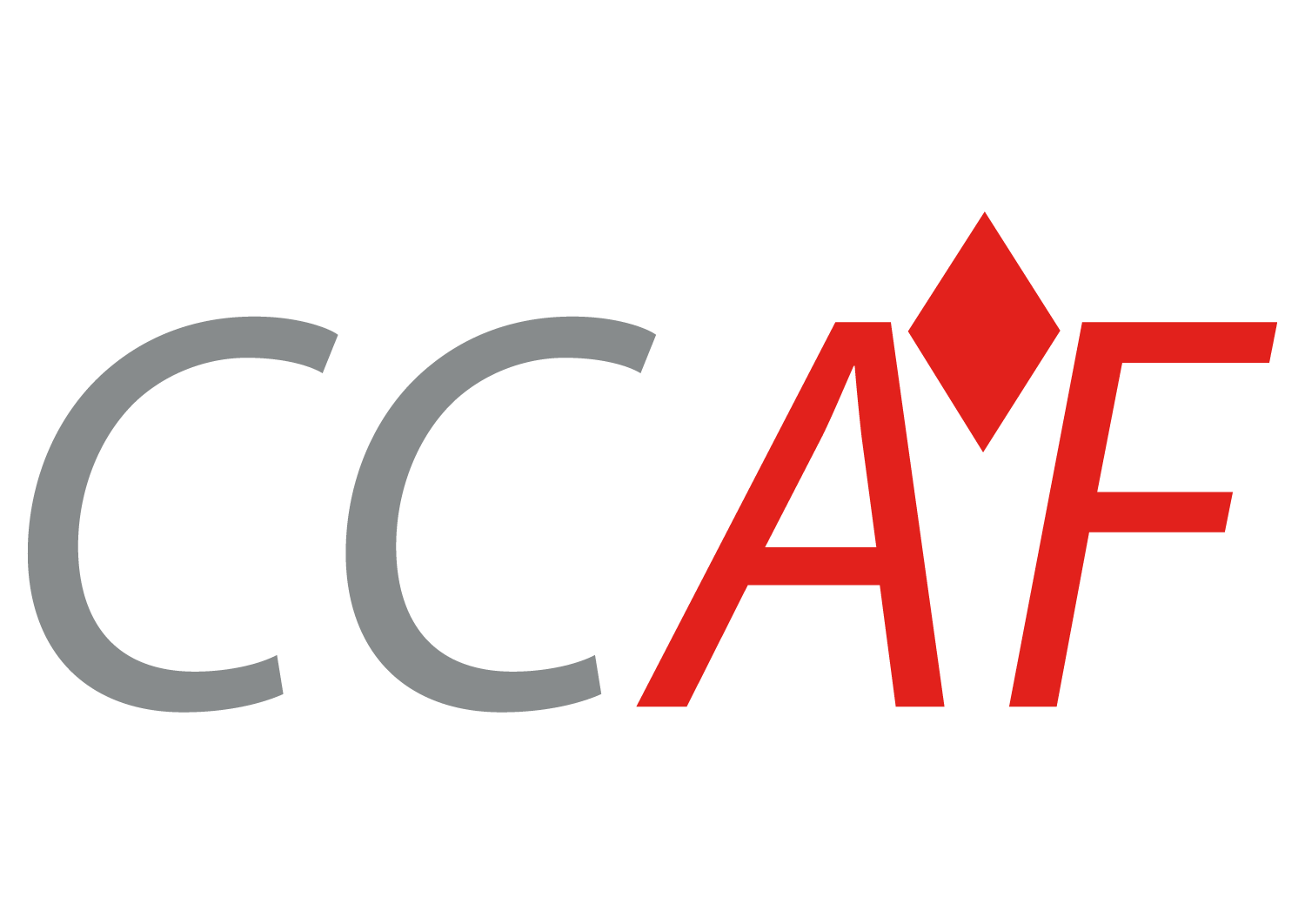Investor education
Below are some of the key points to be borne in mind by investors when dealing with management companies and credit institutions in Monaco.
It is important to ensure that the management company or credit institution is properly authorised by the CCAF to market the financial products or services on offer. On this website, the CCAF provides a list of the management companies and credit institutions authorised to operate in the Principality, along with the activities for which they are authorised (portfolio management, Monegasque and/or foreign fund management, advisory services, reception-transmission of orders).
With some exceptions¹, firms that are not authorised by the CCAF are not permitted to market financial services, instruments, or products to private residents of Monaco, whether such marketing is solicited or not.
Unsolicited distance marketing is also prohibited, except where the person domiciled in Monaco is a client of the firm that is not authorised in the Principality.
The authorised firm you are looking to use will ask you for information about your knowledge and experience of financial investments, to determine whether the financial instrument or service concerned is suitable. If it believes the product or service to be unsuitable for you, it has a duty to tell you.
The mandate takes the form of a written agreement signed by both parties, setting out the obligations of the management company or credit institution (the “agent”) to you (the “principal”). One of the two copies of the mandate must be given to you.
Before signing, the authorised firm is required to ask you about your investment objectives, your experience of investments, and your financial situation. It must also inform you about the risks involved in the transactions you are planning to carry out.
The mandate must state the management objectives and categories of financial instruments eligible to be included in the portfolio, how the agent is remunerated, how you receive information about your portfolio, the duration of the mandate, and how it is renewed and terminated.
Some actions will require your express prior consent:
- delegation of some of the portfolio management activities carried out on your behalf,
- investing in a fund managed by the company or credit institution elsewhere.
Similarly, the use of leveraged transactions requires your express consent.
n.b. By signing a management mandate, you are entrusting the authorised firm with the task of determining which investments best satisfy the management rules and objectives you specified in the mandate. As a result, you can no longer intervene in the management of your portfolio.
The authorised firm will provide you with advice, but decisions on which investments to make are yours alone. The authorised firm will keep records tracing each order placed.
The list of open funds and firms authorised to manage a Monegasque fund can be found on this website.
Subject to certain conditions laid down by the management firm, you may also be invited to invest in a bespoke fund reserved for you.
It as an absolute requirement that you be provided with a copy of the fund’s simplified prospectus, free of charge, before investing. This document contains details of the fund’s main characteristics, to enable you to make a fully informed investment decision.
It contains information such as:
- the management objective and investment allocation,
- a risk indicator in the form of a score from 1 to 7, where 1 represents the lowest risk (but does not mean “risk-free”),
- the recommended minimum investment period,
- subscription and redemption conditions,
- the maximum fees applicable.
You can track the fund’s net asset value with the management company or custodian institution. Regulations require the net asset value of open funds to be displayed at their premises, and also published in the Journal de Monaco where appropriate.
The management company may also decide to inform you of this value by other channels, such as via its website, and provide you with additional information (commercial reporting, etc.).
You may incur a variety of different fees when investing in a fund. Some are one-off fees, others are charged regularly.
The maximum fees are shown in the fund’s simplified prospectus.
– Commission on subscription and redemption
When you invest in or redeem shares in a fund, fees may be deducted directly from the amounts subscribed or redeemed.
– Expense ratio and performance fees
When you hold shares in a fund, you will be charged a fee on the assets under management. These are annual fees presented in the form of a rate applied to a base (usually the fund’s net assets) and used to remunerate the various parties involved, mainly the management company and the custodian.
Performance fees may also be deducted. These take the form of a commission defined in compliance with the management objective and the fund’s risk profile.
They are calculated and deducted periodically (if applicable, in the case of performance fees) directly from the fund itself. The net asset value published and the performance information displayed take account of these fees.
– Transaction fees
Whenever a transaction is made in the fund, fees are charged by counterparties and brokers, and also sometimes by the management company or custodian (in which case it may be referred to as an activity charge or turnover fee). These fees are deducted when the fund manager conducts the transaction concerned.
1 – Where the person domiciled in the Principality is an institutional investor, an authorised firm or a client of an authorised firm where the marketing activity is carried out through it.
